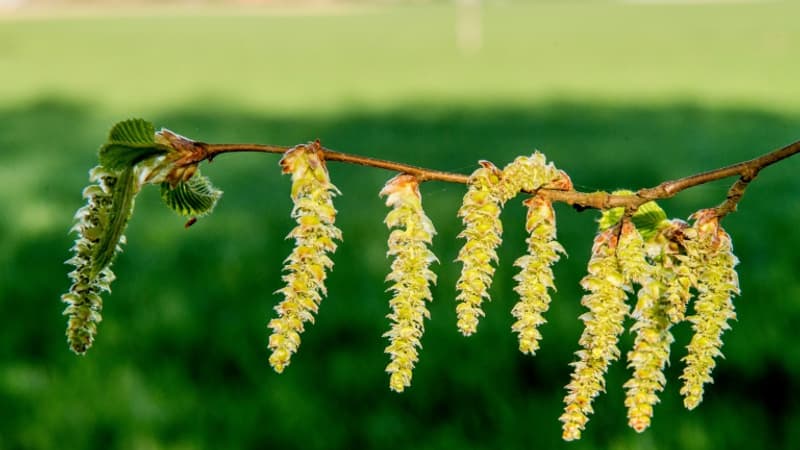Pollen alert. Almost all of France is affected by a wave of grass pollen this Pentecost weekend, warns the National Network for Aerobiological Surveillance (RNSA), according to its latest bulletin published this Friday.
90 departments on red alert
“The risk of allergy will be high throughout France, except in the north-west, where it will be medium,” announces the RNSA on its site.
90 departments are on red alert for grass pollen, while the other six departments, all located in the west of the country, are on yellow alert, indicating a “medium” risk of allergy to grasses. Finistère, Morbihan, Ille-et-Vilaine, Mayenne, Sarthe and Orne are relatively safe departments.
The Paris region, particularly affected for almost a week, will continue to be affected this Monday.
“(This Monday) there was again a peak at the beginning of the day and the concentrations will remain significant at least until mid-afternoon,” warns the monitoring network.
Spring weather favorable for pollen
The cause of this tidal wave? The weather of the last days that favors its proliferation.
“The beautiful spring weather conditions will promote the emission and dispersal of airborne grass pollen. Only rare stormy rains can provide temporary respite for allergy sufferers just because of the timing of the rain which will crush the pollen to the ground,” he specifies. the RNSA.
For the most irritated noses and throats, it will therefore be necessary to wait for a few showers to fall to experience a temporary respite from these discomforts.
As for the other types of pollen, the waves are weaker. “The risk of allergy will not exceed the low to locally medium level for the last oak pollens”, thus indicates the monitoring network, also evoking a “low” risk for plantain, sorrel and nettle pollens.
If you take advantage of the Mediterranean sun on the coast, be careful with the pollen of the paretaria, this perennial plant that proliferates in the region, and the olive trees. Both types of pollen are on “medium to high level” alert.
Source: BFM TV


